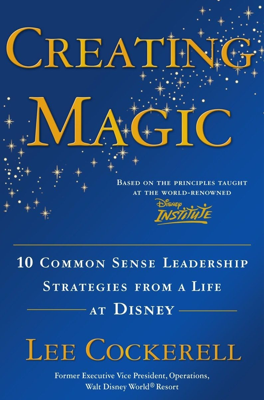Leading Into the Future
Leadership in a Changing World
Universal Impact of Leadership: Every individual, regardless of their role, exerts leadership influence and can make a significant impact both within their organization and on a personal level. Leadership is portrayed as a profound responsibility, extending beyond mere titles to real-world influence on people's lives.
Modern Leadership Challenges: Today's leaders face a complex and interconnected world that demands thoughtful consideration of diverse and educated workforces. The current and upcoming generations seek flexible, respectful work environments where they are valued and can grow personally and professionally.
Evolving Employee Expectations: Younger workers prioritize meaningful, balanced lives over traditional career paths that demand undue personal sacrifices. They desire environments that offer respect, creativity, involvement from the outset, and balance between work and personal life.
Creativity as a Competitive Edge: Innovation and creativity are framed as central to staying competitive in the modern economy. Organizations that encourage and value creative input are likely to attract and retain top talent.
Cultural Adaptation for Future Success: Adapting to changing employee expectations and fostering a forward-thinking, inclusive culture is essential for future business success. Leaders must cultivate environments that prioritize employee well-being, creativity, and personal growth to enhance organizational loyalty and performance.
Strategic Focus on People: The chapter underscores the importance of focusing leadership efforts on influencing the 'fence-sitters' or those undecided about change, by investing time and energy to sway them positively, thus cultivating a strong, committed workforce.
Impact of Leadership Decisions: Effective leadership requires making tough decisions that consider their impact on customers, employees, and business outcomes. Leaders must be aware of their significant influence and conduct themselves responsibly to maintain trust and respect from their teams.
Guiding Principles for Action: Leaders are prompted to act swiftly and decisively, recognizing the urgency of continuous improvement and the need to balance impactful decision-making with the concerns of all stakeholders to drive positive changes across their organizations.
